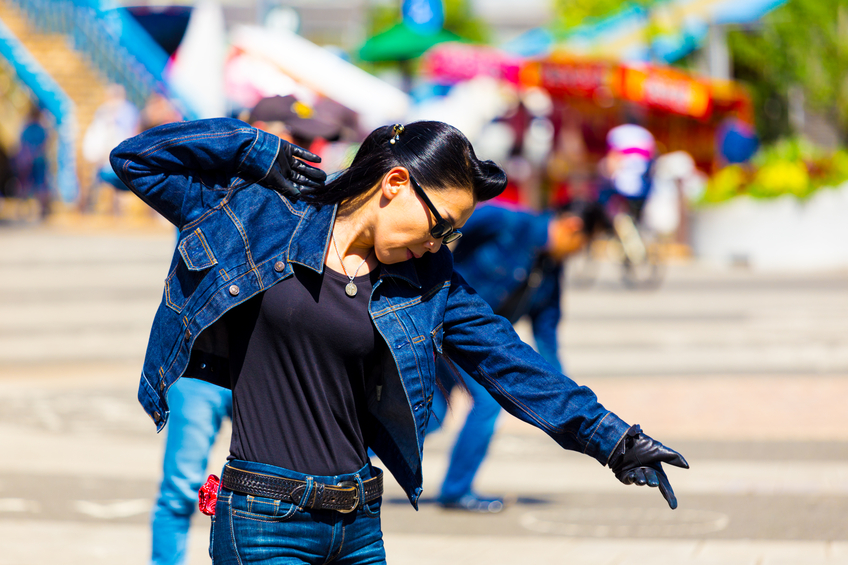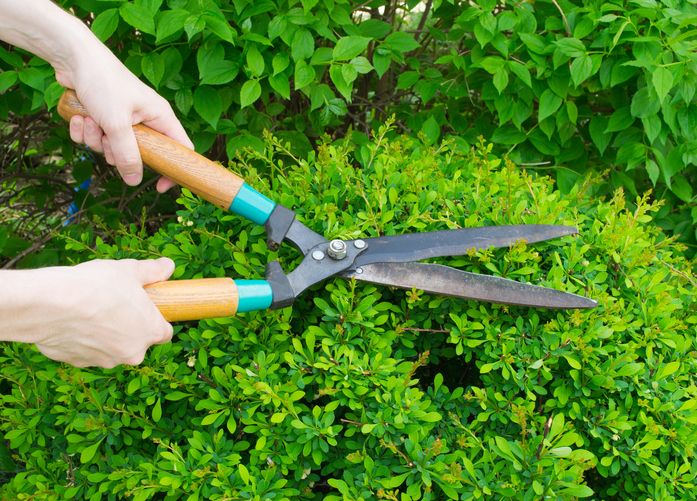cheer
(noun, verb)
/tʃɪr/
 LISTEN
LISTEN


Cheering fans
A cheer is a shout of encouragement and any other special shout or song used by fans of an athletic team or a contestant in a competition. Cheer is also a feeling of animation and optimism and something that gives comfort and joy. Sometimes it is also used to mean the hospitality provided by someone, such as food and drink served at a party. As a verb, to cheer means ‘to encourage someone by shouting or chanting’ or ‘to make someone happy and give them comfort.’
Example sentences
- The team ran out onto the field to the cheers of the crowd.
- Harry took cheer from his small success and decided he would continue to pursue his dream.
- Jane's kind words gave me cheer.
- The tables were laden with cheer, ready for everyone to start feasting.
- The fans were cheering their team.
- Patrick had been feeling sad, but the sight of the children playing in the garden cheered him.
Words often used with cheer
good cheer: a positive or optimistic outlook, especially in the phrase “be of good cheer.” Example: “Be of good cheer; we’ve nearly finished!” Nowadays this is considered a more archaic way to talk, but you might see it in old novels.
cheer on: encourage with cheers. Example: “Beth was running her first marathon and her friends were waiting near the finish line to cheer her on.”
cheer up: to feel or make someone feel more cheerful. Example: “Whenever I have a bad day, I call my best friend and she always cheers me up.” “Cheer up! I know everything will get better soon!”
In pop culture
A cheerleader is someone who leads the cheering at a sporting event, usually as a member of a team performing dance routines and chants. In this video for Toni Basil’s song “Hey Mickey” all the performers are dressed as cheerleaders:
Did you know?
Cheers, always in the plural, is used as a toast when drinking alcohol. Normally those drinking clink, or hit, their glasses together and say “Cheers!” In the UK, cheers is also used colloquially to mean ‘thank you,’ so if someone gives you something, you might say “Cheers.” Also in the UK, and still colloquially, it is sometimes used to mean goodbye, so when you leave somewhere you can say “Cheers! See you later!”
Other forms
cheerer (noun), cheeringly (adverb), cheerleader (noun)
Origin
Cheer dates back to around the year 1200, as the Middle English noun chere, which originally meant ‘the face or countenance.’ It came into English from the Anglo-French chere (face), and the Old French chiere (face, countenance, expression or look). It can be traced back to the Late Latin care (face), the Ancient Greek kara (head) and ultimately the Proto-Indo-European root ker– (horn or head). Cheer is, therefore, related to the Catalan, Portuguese and Spanish cara (face), the Sanskrit srngam (horn), the Persian sar (head), the Avestan sarah– (head), the Greek karnon (horn) and koryne (club or mace), the Latin cornu (horn) and cervus (deer), and the Welsh carw (deer), as well as the English words carat, carrot, cerebral, cervix, corn, cornea, corner, cornet, cranium, horn, hornet, keratin, migraine, reindeer, rhinocerous, triceratops and unicorn, among others. The senses ‘frame of mind or state of feeling,’ ‘spirit,’ and ‘mood or humor’ appeared in the mid-13th century, and expanded to ‘state of temper or mind indicated by expression,’ now mostly found in good cheer or bad cheer. The sense ‘state of gladness or joy’ first appeared around the year 1400, and quickly became the dominant meaning of the word. The sense ‘something that makes you cheerful or promotes good spirits’ dates back to the late 14th century, but the meaning ‘a shout of encouragement’ only appeared in the early 18th century. The use of cheers as a greeting evolved from the 15th century greeting “what cheer?”, though it is now relegated to toasts, by influence of one of the earliest verb meanings, and in the UK, a colloquial way to say “thank you” or “good-bye.” The verb, originally meaning ‘to humor or console,’ dates back to the late 14th century, and comes from the noun. The sense ‘to entertain with food or drink’ appeared around the year 1400. The sense ‘to encourage using words or actions’ was first used in the early 15th century, and narrowed to ‘shout approval or encouragement’ by the late 18th century. The expression cheer up actually retains the original meaning of the verb, and dates back to the mid-17th century.
Word of the Day is released Monday through Friday.



